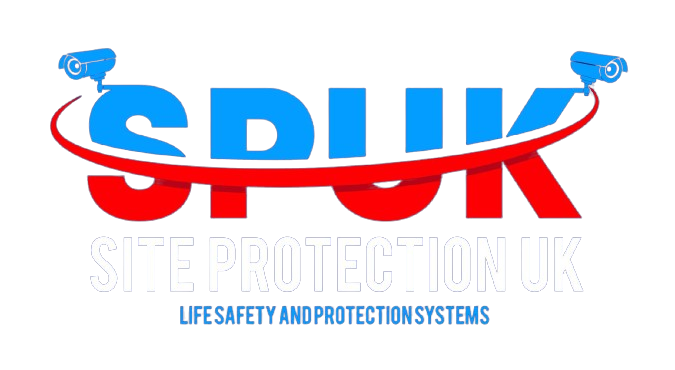In today’s rapidly evolving world, where security threats are ever-present, Closed Circuit Television (CCTV) cameras have emerged as indispensable tools for safeguarding property, people, and assets. Their importance cannot be overstated, as they serve a multitude of critical functions in various environments.
First and foremost, CCTV cameras act as a deterrent against criminal activity. The mere presence of cameras serves as a powerful deterrent, dissuading potential wrongdoers from engaging in unlawful behavior. Knowing they are being monitored significantly reduces the likelihood of crimes such as theft, vandalism, or trespassing.
Moreover, in the unfortunate event of a security breach or criminal incident, CCTV cameras provide invaluable evidence for investigation and prosecution. High-quality video footage captured by these cameras can help law enforcement agencies identify suspects, reconstruct events, and ultimately apprehend perpetrators.
Furthermore, CCTV cameras play a vital role in enhancing public safety and emergency response. In public spaces, such as streets, transportation hubs, and shopping centers, cameras enable authorities to monitor crowds, detect suspicious behavior, and respond swiftly to emergencies, thereby minimizing potential risks to the public.
In industrial and commercial settings, CCTV cameras help monitor operations, ensure workplace safety, and prevent accidents. They also contribute to loss prevention by deterring employee theft, inventory shrinkage, and unauthorized access to sensitive areas.
Overall, CCTV cameras are indispensable assets in modern security infrastructure, offering unparalleled surveillance capabilities that help deter crime, provide evidence, and enhance public safety. Their continued advancement and widespread adoption will undoubtedly play a crucial role in shaping the future of security and safety worldwide.
